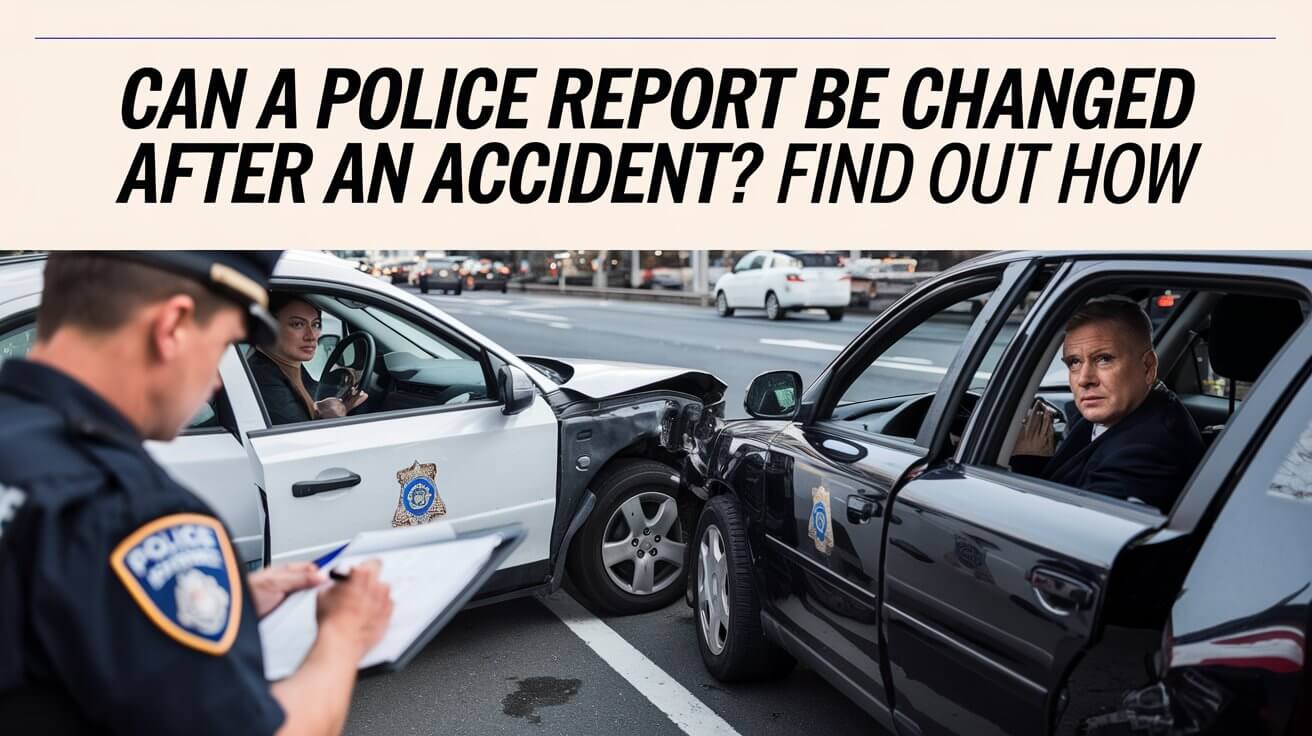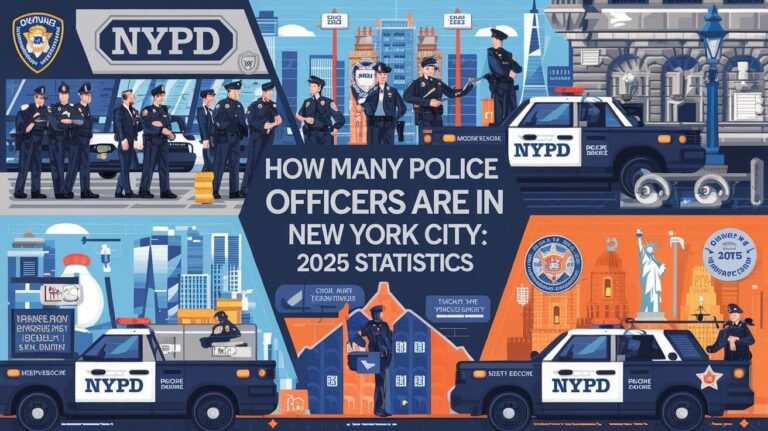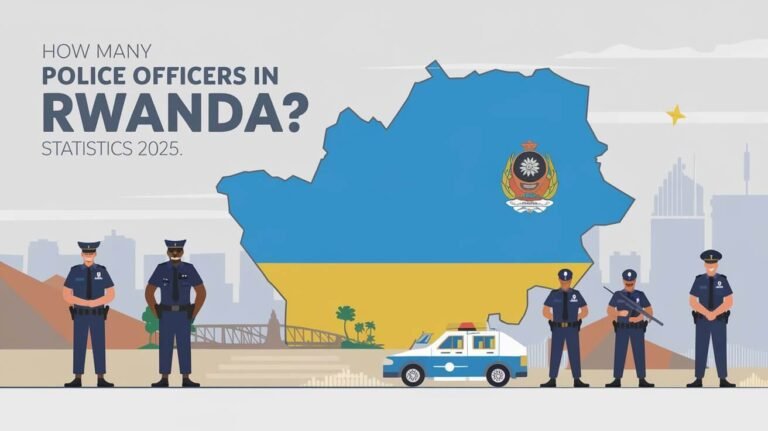Can a Police Report Be Changed After an Accident? Find Out How

Car crashes can be messy, and sometimes the police report isn’t perfect. You might need to change it later. This can be done, but it’s not always easy. Let’s talk about why and how to fix a police report after an accident.
Police Reports in Accident Cases
Police reports play a crucial role in documenting the details of a car accident. They’re often the first official record of what happened and can significantly impact insurance claims and legal proceedings.
What Information Does a Police Report Contain?
A typical police report includes:
- Date, time, and location of the accident
- Names and contact info of drivers, passengers, and witnesses
- Vehicle details and damage descriptions
- Weather and road conditions
- Officer’s observations and initial assessment of fault
- Any citations issued
- Injury descriptions
- Diagram of the accident scene
The Importance of Police Reports in Insurance Claims
Insurance companies rely heavily on police reports when processing claims. An accurate report can speed up the claims process and help ensure a fair outcome. Inaccuracies, on the other hand, can lead to claim denials or unfair settlements.
Reasons to Change a Police Report After an Accident
There are several situations where you might need to change a police report:
Factual Errors in the Report
Sometimes, officers make mistakes when recording information. Common errors include:
- Misspelled names
- Incorrect vehicle details
- Wrong accident location
- Inaccurate date or time
These factual errors are usually the easiest to correct.
Omitted Information
An officer might forget to include important details, such as:
- Additional witnesses
- Specific road conditions
- Presence of traffic cameras
- Vehicle damage not initially visible
Adding this information can provide a more complete picture of the accident.
Disputed Information or Statements
You might disagree with certain aspects of the report, like:
- The officer’s assessment of fault
- Statements from other drivers or witnesses
- Description of how the accident occurred
These disputes are often harder to resolve but can be crucial to your case.
The Process of Changing a Police Report
If you need to amend a police report, follow these steps:
Contacting the Responding Officer
Start by reaching out to the officer who filed the report. Be polite and explain your concerns clearly. Remember, they’re more likely to help if you’re respectful and professional.
Providing Evidence for Changes
To support your request, gather evidence such as:
- Photos or videos from the accident scene
- Statements from additional witnesses
- Medical records for injuries not initially reported
- Repair estimates showing damage not noted in the report
The stronger your evidence, the better your chances of getting the report changed.
Filing a Supplemental Report
If the original report can’t be changed, you might be able to file a supplemental report. This adds your version of events or additional information to the official record without altering the original document.
Types of Changes That Can Be Made to Police Reports
Some changes are easier to make than others:
Correcting Basic Information
Simple factual errors like misspelled names or incorrect vehicle details are usually straightforward to fix.
Adding Witness Statements
If you find additional witnesses after the initial report, their statements can often be added as supplemental information.
Updating Injury Information
Sometimes injuries aren’t apparent immediately after an accident. You can usually update the report with new medical information.
Challenges in Changing Police Reports
Amending a police report isn’t always easy. Here are some obstacles you might face:
Time Constraints
Many jurisdictions have time limits for requesting changes. Act quickly to avoid missing the deadline.
Officer Discretion
Ultimately, the decision to change a report often lies with the officer who wrote it. They might be reluctant to admit mistakes or alter their initial assessment.
Legal Implications
Changes to a police report can affect legal proceedings. Courts may scrutinize why changes were made and whether they’re justified.
When It’s Unlikely to Change a Police Report
Some aspects of a police report are particularly difficult to change:
Officer’s Opinions and Conclusions
An officer’s assessment of fault or other subjective conclusions are rarely changed unless there’s overwhelming evidence to the contrary.
Conflicting Witness Statements
If witnesses disagree about what happened, it’s unlikely the officer will change their account of these statements.
Late Requests for Changes
The longer you wait to request changes, the less likely they are to be approved. Prompt action is key.
Alternatives to Changing the Original Police Report
If you can’t get the original report changed, consider these alternatives:
Filing a Supplemental Statement
Most police departments allow you to submit your own statement describing what happened. This becomes part of the official record alongside the original report.
Obtaining Dash Cam or Surveillance Footage
Video evidence can be powerful in disputing an inaccurate report. Check for nearby security cameras or ask other drivers if they have dash cam footage.
Gathering Independent Witness Statements
If you find witnesses who weren’t interviewed at the scene, get their statements in writing. These can be submitted as additional evidence.
The Impact of an Amended Police Report on Your Case
Changes to a police report can significantly affect the outcome of your case:
Insurance Claims
An amended report that clarifies fault or provides additional details about the accident can lead to a more favorable insurance settlement.
Legal Proceedings
In a lawsuit, an accurate police report can strengthen your case. Amendments that support your version of events can be particularly valuable.
Settlement Negotiations
When negotiating a settlement, an amended report that supports your position can give you more leverage.
Steps to Take Immediately After an Accident
To reduce the chances of needing to change a police report later:
Ensuring Accurate Information at the Scene
- Double-check all information given to the officer
- Spell out names and addresses to avoid errors
- Provide a clear, concise account of what happened
Documenting the Accident Independently
- Take photos of vehicle damage and the accident scene
- Get contact information from witnesses
- Write down your own account of the accident while it’s fresh in your mind
Reviewing the Police Report Promptly
Request a copy of the report as soon as possible and review it carefully for any errors or omissions.
Legal Assistance in Changing Police Reports
Sometimes, you might need legal help to amend a police report:
When to Consult an Attorney
Consider hiring a lawyer if:
- Your request to change the report is denied
- The changes are crucial to your case
- You’re facing legal action related to the accident
How a Lawyer Can Help Amend a Report
An experienced attorney can:
- Communicate effectively with law enforcement
- Gather compelling evidence to support your request
- Navigate the legal process for amending official documents
Legal Strategies if a Report Cannot Be Changed
If the report can’t be changed, a lawyer can help you:
- Prepare a strong rebuttal to an inaccurate report
- Gather additional evidence to support your case
- Develop strategies to overcome the impact of an unfavorable report
Preventing the Need for Changes: Best Practices
To avoid the hassle of changing a police report later:
Providing Clear Information at the Accident Scene
- Stay calm and focused
- Give a clear, factual account of what happened
- Avoid speculating or admitting fault
Documenting Everything Yourself
- Use your smartphone to take photos and videos
- Record names and contact information of all involved parties
- Note any relevant details about road conditions or traffic signals
Following Up with the Officer
Get the officer’s name and badge number. Ask when you can get a copy of the report. Offer to give more info if needed. This helps make the report correct from the start.
It’s hard to change a report later, so try to get it right at first. Stay calm and give clear info at the scene. If you need changes, act fast and have proof ready.
Accident paperwork can be tough. Knowing your choices about police reports helps. Even if you can’t change the report, it’s just one part of your case. Good records and maybe a lawyer can help you get a fair result.






